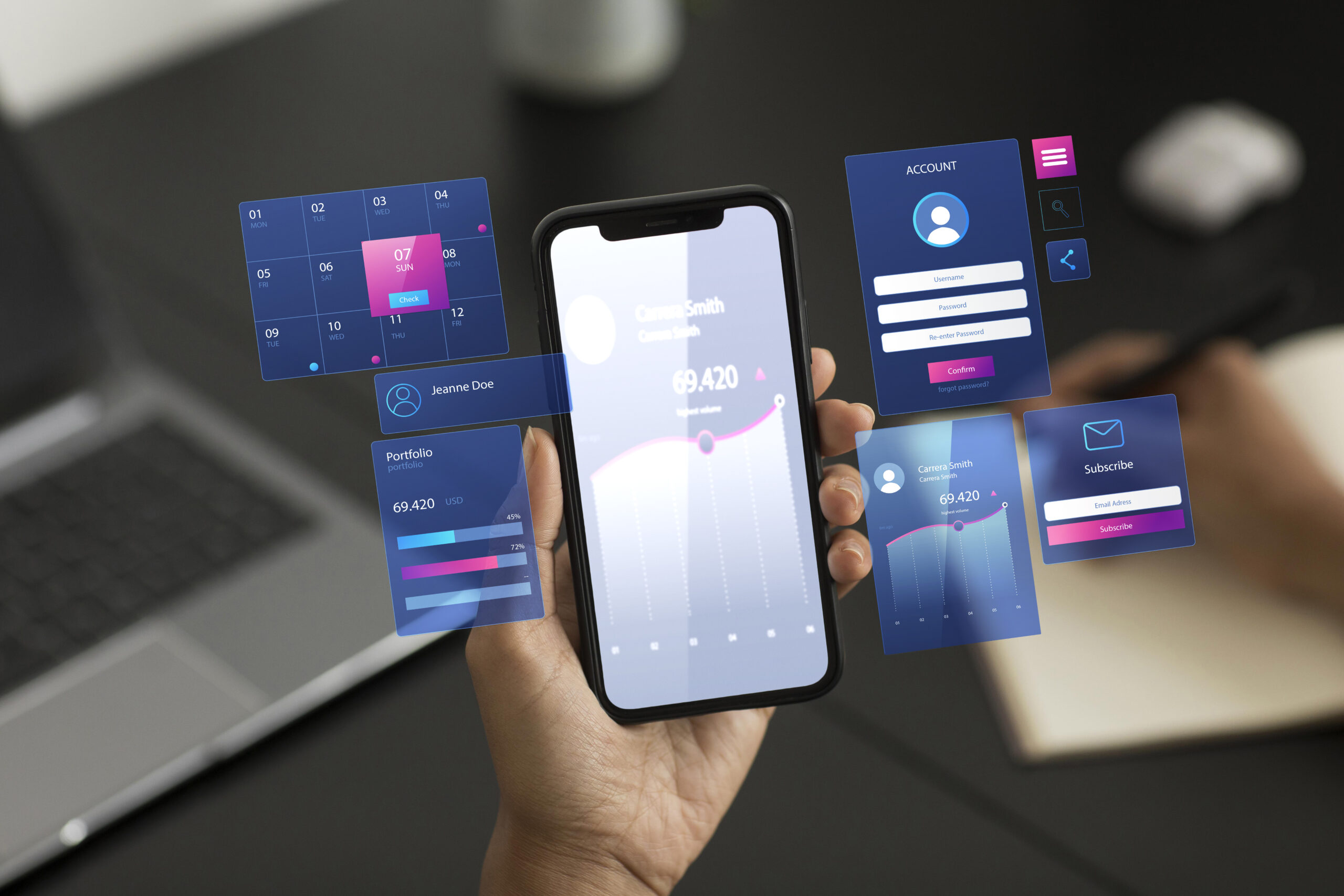Looking for Mobile App Development? Consider These 9 Points Beforehand
Mobile applications are a necessity for businesses aiming to thrive and reach their targets
effectively. However, when you start the app development journey having the right mobile app development language is not enough.
You need to know various aspects for your app’s success and user satisfaction. Before
contacting an app development service provider, you must not overlook nine key
considerations.
Research, Research, and Research
The creativity of a world-class mobile application begins with comprehensive research. Your
app shines above your competitors when you understand the market dynamics, customer
demands, and trends.
Do a detailed market analysis to uncover insights into the popularity of similar apps,
competitor strategies, and customer reviews. This preliminary step not only aids in refining
your app idea but also unveils opportunities to address customer pain points effectively. It also helps in choosing the best language for mobile app development.
Work on Finding the Target Audience
Knowing the audience is like creating a base for your home. All you do is to keep the audience happy and satisfied with your app. Your target audience influences the app's design, functionality, and marketing strategies. Determining the value your app brings to its users can significantly enhance user satisfaction and loyalty.
Have a Detailed Set of Plans
With a clear plan, going on the app development journey can lead to clarity and efficiency.
Familiarize yourself with every phase, from project management and app design to testing and deployment. A systematic approach means a smooth transition through stages and ultimately results in a robust application.
Know your Budget
App development is an investment, so allocating a budget across different facets, such as
mobile app development languages, development, maintenance, and marketing, is crucial. The type and content of your app directly influence the budget. So, financial planning is an
essential step in the developmental phase.
Be Creative
If you want to stand out in the crowded app market, offering something unique is key.
Innovativeness in features or user engagement strategies makes your app the preferred choice over your competitors.
Know The Technology
Choosing the ideal platform for your app is a question that holds great significance. Starting with one platform lets you focus on mastering it before expanding to others. The choice between iOS, Android, and Windows hinges on various factors. As you do the first step, which is research, you can choose the right platform that matches the app's brand, target audience, features, and pricing strategy.
Moreover, mobile app developers should follow a variety of approaches. Mobile apps are also classified into three categories: native, web, and hybrid.
Each of these app types utilizes different programming languages and frameworks. Choosing the right one may seem straightforward, but it's more complex. To make an informed decision, you must thoroughly understand each type's pros and cons and your target market.
The decision on whether to go native, mobile web or hybrid also affects your app’s accessibility and user experience.
Create a Monetization Strategy
Hosting apps on platforms like the Play Store or i-Store may initially provide benefits such as good leads and brand recognition. But, focusing solely on app downloads and in-app purchases is not sustainable in the long run.
For businesses focusing on e-commerce or branding through apps, monetization is not a primary concern. However, other business models must consider various monetization options to generate revenue. These options are in-app purchases, paid downloads, ad revenue, and subscription models.
You can explore multiple monetization strategies for a steady stream of revenue and long-term sustainability in today's competitive app market.
Focus on Marketing Strategy
You got an application developed by using the best language for mobile app development. So what’s next? It’s time to popularize the apps for better reach. Once you have app marketing plans beforehand, you go with a bang the moment the app goes live on the Play Store or i-store.
A sound marketing strategy means your app reaches its intended audience and achieves its
growth objectives. Choose online campaigns to industry-specific promotions, tailored to your marketing efforts.
Testing is a Must Before the App Launch
Before your app goes live, rigorous testing is imperative. This phase helps identify and rectify any issues, ensuring your app provides a seamless and fulfilling user experience. A well-tested app not only meets but exceeds user expectations.
Conclusion
There are over 2 billion smartphone users worldwide and the numbers are growing. The
potential for mobile applications to enhance business growth and reach is undeniable.
Considering the above points, you effectively position your app to tap into this vast market.
